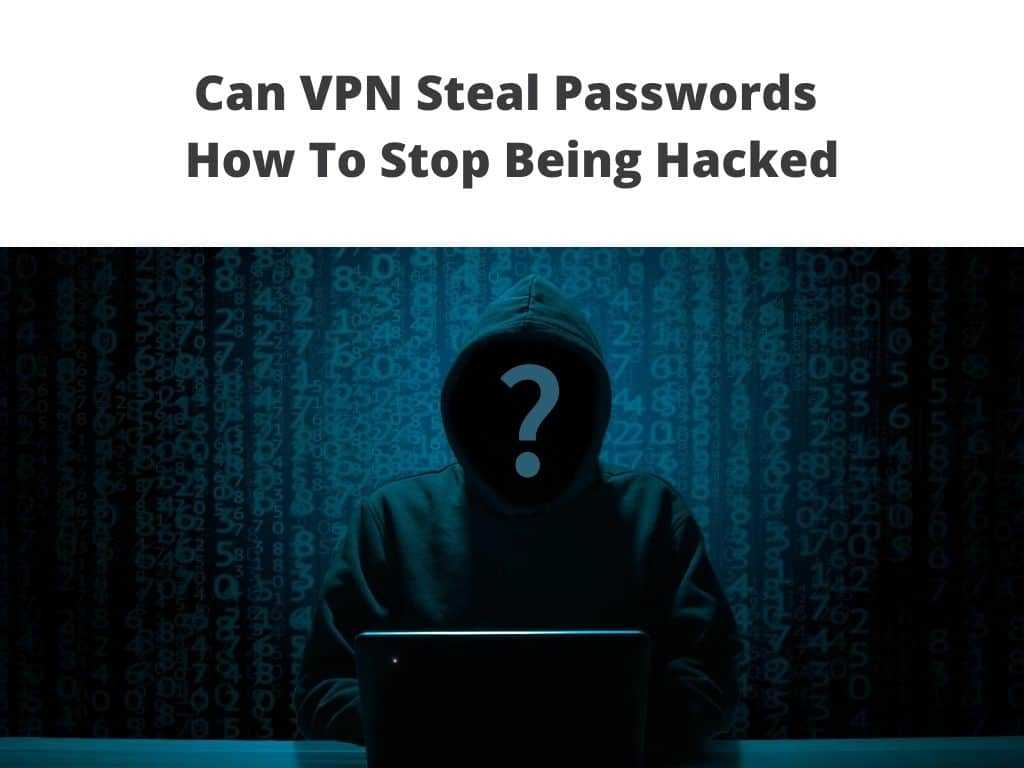
TL;DR: The short answer is, a reputable VPN should not and cannot steal your passwords. It’s encrypted and designed to protect your data. However, sketchy or malicious VPN providers could potentially have access to your data, including your passwords. Always use a trustworthy, verified VPN provider to ensure your digital safety.
Scroll down to get a detailed answer
Table of Contents
Understanding VPNs
To answer whether VPNs can steal passwords, we must first understand what a VPN is. A Virtual Private Network provides an encrypted tunnel between your device and the VPN server. This means all your online data, including passwords, are encrypted and safe from prying eyes.
But how safe is it, really?
The Role of VPN Providers
I recommend considering the role of VPN providers in our data safety. While it’s true that a VPN provides encrypted security, it’s also important to remember that the VPN provider manages the servers. This means they have the potential access to your data.
Most reputable VPN providers follow a strict ‘no-log’ policy, meaning they don’t keep track of your online activity. Therefore, they wouldn’t be able to steal your passwords even if they wanted to. However, not all VPNs adhere to these principles.
Beware of Malicious VPNs
Unfortunately, not every VPN service is created equal. Some VPNs, especially free ones, have been known to act maliciously, stealing or selling user data. If you’re using a less-known, unverified VPN, there’s a risk that they could steal your data, including passwords.
Note: Always research VPN providers and read user reviews before deciding to use a VPN service. Let’s discuss some steps to ensure your data remains safe while using a VPN: Choosing the right VPN is crucial to ensuring your online safety. I recommend doing thorough research before settling for any VPN service. Look for VPN providers with a solid reputation, transparent policies, good customer reviews, and a strict no-logs policy. This should give you the assurance that your data, including your passwords, will not be logged or misused. While there are countless VPN providers on the market, not all of them can be trusted. Some VPNs that have earned a good reputation in the industry include: Remember, these are only recommendations, and you should still do your homework before choosing a VPN provider. While using a VPN is a crucial step in securing your online data, it’s only one piece of the puzzle. Here are some additional measures you should take: On the flip side, from the VPN’s perspective, it’s important to understand that managing a VPN service isn’t a walk in the park. VPN providers must ensure the highest level of security to protect user data, maintain server infrastructure, and adhere to legal requirements of the country they operate in. For a VPN provider to maintain its reputation, it must ensure user data safety at all times. Therefore, the idea of a reputable VPN stealing passwords isn’t just immoral, it’s bad for business. Here are some additional tips that are often overlooked when it comes to VPN safety: In conclusion, while VPNs are designed to secure your data, including passwords, the level of security heavily depends on the VPN provider. Always use a trustworthy, reputable VPN service, and follow good internet safety practices. While a malicious VPN could technically have access to your password, a reputable VPN will not hack your password. Always choose a VPN provider with a strict no-logs policy. A malicious or unverified VPN provider could potentially steal your information. However, reputable VPNs provide secure, encrypted tunnels for your data, protecting it from theft. Yes, a VPN can protect your passwords by encrypting your data, making it nearly impossible for hackers to steal your information. Always remember, however, to use strong, unique passwords. In theory, a malicious VPN could potentially steal any data you transmit over the network, including passwords, emails, and financial information. This is why it’s crucial to use a trusted VPN provider.Steps to Secure Your Data with VPNs
Choosing the Right VPN
Trustworthy VPN Providers
Taking Additional Security Measures
The Flip Side: The VPN’s Perspective
Commonly Overlooked VPN Safety Tips
Conclusion
FAQs
Can VPN hack my password?
Can a VPN steal my information?
Does a VPN protect passwords?
What can VPN steal?
Was this helpful?


